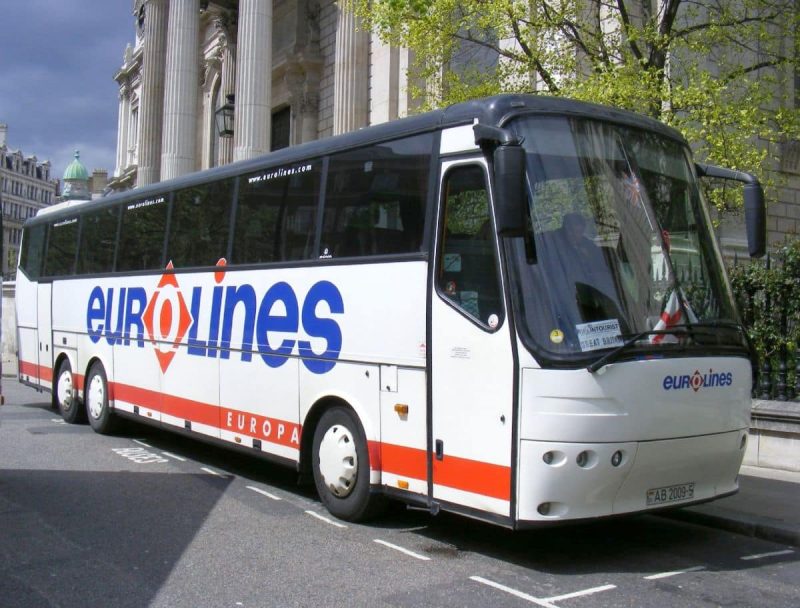The long-distance bus provider Eurolines, which started out as the European market leader in the 1980s, has fallen behind in recent years. Several companies, including Blaguss Reisen, Volanbusz and Deutsche Touring, have left the association and switched to Flixbus.
It wasn't that long ago that long-distance bus journeys within Europe were not particularly popular and were sometimes even discredited as “guest worker shuttles”. Regardless of this, the Eurolines business group maintained an extensive route network. A monopoly was held on many routes for years.
Liberalization in Germany led to a long-distance bus boom that spread from the Federal Republic to France and then across the continent. The former top dog Eurolines didn't have much of it, because new competitors like Flixbus were literally driving around. The former market leader did not react quickly enough to new trends in ticketing because in many places they still relied heavily on stationary sales. In addition, important bus companies gradually left and joined Flixbus. This applies both to own lines whose concessions the companies hold and are now marketed via Flixbus, as well as routes where the quasi-monopolist is the concessionaire and you travel on their behalf. The result of this: Eurolines has shrunk enormously and is now only a shadow of its former self.
Long-standing members left in droves
There are many reasons why companies are leaving the Eurolines network. An important factor is the price pressure from Flixbus. The German competitor offers its tickets at significantly cheaper prices than Eurolines. This caused Eurolines to lose market share and its profits to shrink. It was far too late to react to the competitor's flexible pricing. In addition, there were cumbersome and outdated online reservation systems as well as the strong focus on stationary sales at bus stations.
Another reason for the exit is the Flixbus service. The company offers its customers a modern app that can be used to book tickets and reserve seats. Flixbus also offers free WiFi and power sockets on board its buses. Eurolines couldn't keep up with this service. They tried to follow suit and marketed some routes with better-equipped vehicles as “business class”, but this could lead to the exit of Deutsche Touring, which, mind you, went bankrupt as a member of Eurolines and was then bought by a long-standing subcontractor from Croatia , not prevent it. Blaguss Reisen and Volanbusz joined Flixbus much earlier.
Oversleep market changes
Eurolines was unable to compete with Flixbus because it did not respond to changes in the market in a timely manner. The company has relied on its position as market leader for too long and has not invested in modernizing its offering.
Flixbus, on the other hand, has relied on a modern and customer-friendly offer from the start. The company has taken advantage of the Internet to open up new sales channels and improve service to its customers. In addition, Flixbus has raised an enormous amount of money from investors and on the capital market. This of course contributed to the fact that a dumping price strategy could be pursued and that sometimes annoying competitors could simply be bought up. Little by little it has developed into a defacto monopolist. Eurolines, on the other hand, has gradually disappeared from many bus stations and now has very few members. In some countries Eurolines is no longer active at all.
What are the next steps?
The future of Eurolines is uncertain. The company has announced that it wants to reposition itself. This includes investments in new buses and improved service offerings. However, it is questionable whether this will be enough to beat Flixbus.
Flixbus has established itself as the market leader in European long-distance bus transport in recent years. The company has a strong position and has a large customer base. Eurolines will have a hard time displacing Flixbus.







 trail (for them it's free to use)
trail (for them it's free to use)